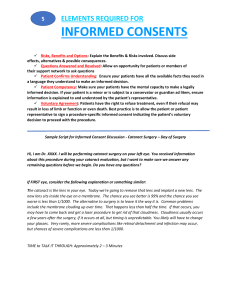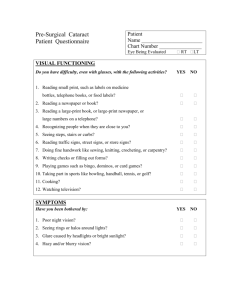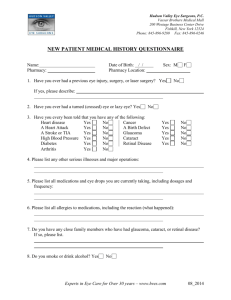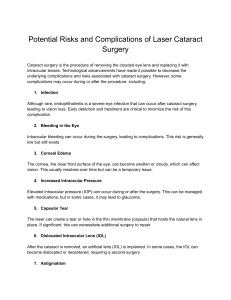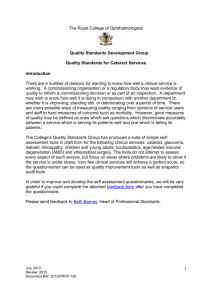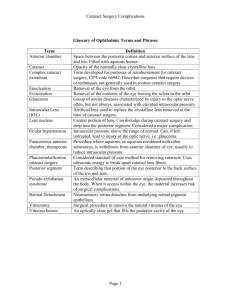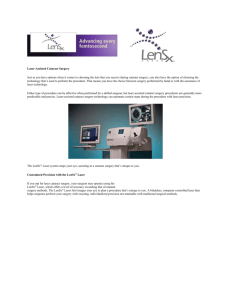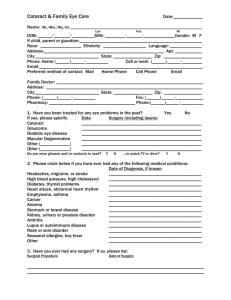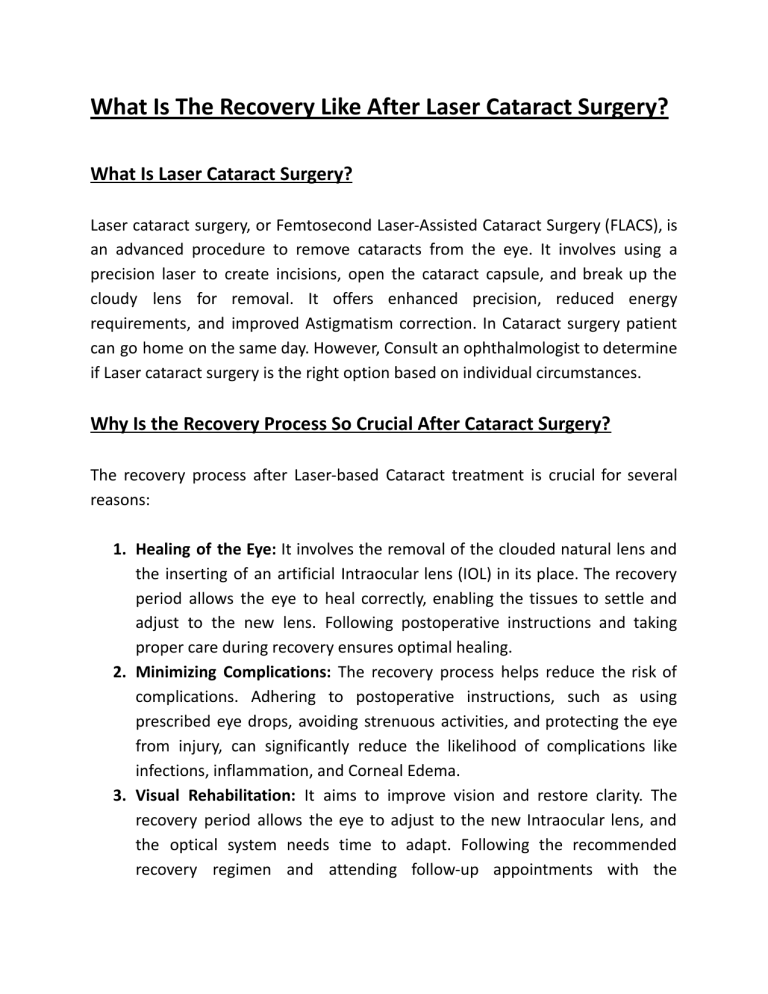
What Is The Recovery Like After Laser Cataract Surgery? What Is Laser Cataract Surgery? Laser cataract surgery, or Femtosecond Laser-Assisted Cataract Surgery (FLACS), is an advanced procedure to remove cataracts from the eye. It involves using a precision laser to create incisions, open the cataract capsule, and break up the cloudy lens for removal. It offers enhanced precision, reduced energy requirements, and improved Astigmatism correction. In Cataract surgery patient can go home on the same day. However, Consult an ophthalmologist to determine if Laser cataract surgery is the right option based on individual circumstances. Why Is the Recovery Process So Crucial After Cataract Surgery? The recovery process after Laser-based Cataract treatment is crucial for several reasons: 1. Healing of the Eye: It involves the removal of the clouded natural lens and the inserting of an artificial Intraocular lens (IOL) in its place. The recovery period allows the eye to heal correctly, enabling the tissues to settle and adjust to the new lens. Following postoperative instructions and taking proper care during recovery ensures optimal healing. 2. Minimizing Complications: The recovery process helps reduce the risk of complications. Adhering to postoperative instructions, such as using prescribed eye drops, avoiding strenuous activities, and protecting the eye from injury, can significantly reduce the likelihood of complications like infections, inflammation, and Corneal Edema. 3. Visual Rehabilitation: It aims to improve vision and restore clarity. The recovery period allows the eye to adjust to the new Intraocular lens, and the optical system needs time to adapt. Following the recommended recovery regimen and attending follow-up appointments with the ophthalmologist ensures that any potential issues with visual rehabilitation can be addressed. 4. Monitoring for Potential Issues: The recovery process allows healthcare professionals to monitor the eye's healing progress and identify any potential complications or issues that may arise. Regular check-ups during recovery help ensure the eye is healing correctly and allow timely intervention if any problems are detected. 5. Patient Education and Support: The recovery process allows patients to receive education and support regarding postoperative care, potential side effects, and managing expectations. Understanding what to expect during recovery helps patients navigate the healing process with confidence and peace of mind. Conclusion The recovery period following Laser Cataract Surgery is a critical phase that significantly ensures optimal healing, minimizes complications and facilitates visual rehabilitation. Adhering to postoperative instructions, including using prescribed medications, protecting the eye from injury, and attending follow-up appointments, is essential for a successful recovery. The recovery process also allows healthcare professionals to monitor the healing progress and promptly address potential issues.
